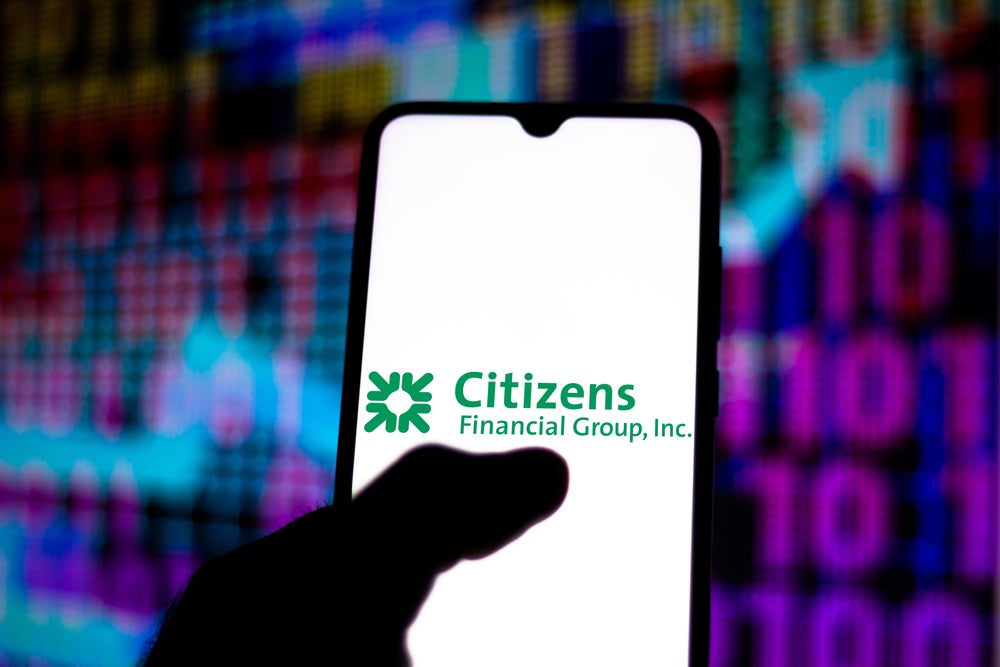
Millennials may not be particularly rich, but they are poised to receive an abundance of wealth in the short-to-medium term. Research by Private Banker International (PBI) finds wealth managers are equally focused on building relationships with millennials, as well as other generations, to ensure wealth flows in the right direction.
Also dubbed “Generation Y”, millennials are typically those who were born between the 1980 and 2000.
According to a report by consulting firm Deloitte, the wealth of millennials is predicted to range between $19-$24trn in 2020 more than double the amount compared to 2015.
Despite the expected rise in millennials’ wealth, some wealth management players say they do not take specific measures to cater to millennials.
UBS SmartWealth view
Nick Middleton, co-head of digital platform UBS SmartWealth, says: “We don’t distinguish necessarily between generations like that. What we do distinguish between are people who have a preference on how they want to go about their wealth management.”
How well do you really know your competitors?
Access the most comprehensive Company Profiles on the market, powered by GlobalData. Save hours of research. Gain competitive edge.

Thank you!
Your download email will arrive shortly
Not ready to buy yet? Download a free sample
We are confident about the unique quality of our Company Profiles. However, we want you to make the most beneficial decision for your business, so we offer a free sample that you can download by submitting the below form
By GlobalData“Millennials have driven a lot of digital evolution. But it is being picked up by all generations.”
He continues: “If you focus all your attention on millennials, the bulk of the wealth is not there. They are going to be large inheritors of money but I don’t think that is necessarily a millennial thing. I think that is something that [applies to] every other generation.”
Max Rothery, digital growth strategy manager at private bank Kleinwort Hambros, agrees. He says the total liquid wealth of individuals aged between 25 and 34 in the UK is £14.7bn ($20.4bn)
But he adds: “Although this seems significant this covers a population of roughly 7.5m and therefore the average liquid wealth is less than £2000. The current size of the market of HNW millennials is not yet large enough for private banks to generate significant revenues from a dedicated offering.”
However, Simon Miller, UK co-founder and CEO of robo-adviser Scalable Capital, disagrees.
“Even though millennials may not hold the majority of the wealth, the relationships they make now with financial service providers will determine where that wealth flows in the future as it passes down a generation.”
A spokesperson for UK robo-adviser, Nutmeg says: “At Nutmeg, we haven’t specifically targeted millennials, or in fact any other group. What we have found is that because our proposition is intuitive to use, it appeals to a broad range of investors, and this is reflected in our customer base – our oldest customer is 96 and our youngest is 18. Over half of our investors have investment experience with some having never invested before. “
Swiss private bank Credit Suisse says by 2020 millennials will form 50% of the global work force. French-based BNP Paribas Wealth Management expects this figure to reach 75% by 2025.
Therefore, it may come as no surprise that some wealth managers have taken a number of measures to understand millennials’ investment preferences.
Surveying Millennials
Credit Suisse has been a partner for the Young Investors Organisation (YIO)- a global community of over 1300 future leaders from influential families in 55 -countries since 2007.
It provides peer-to-peer networking and investment opportunities.
Credit Suisse’s CEO of International Wealth Management, Iqbal Khan, says: “Our close interaction with the YIO helps the bank understand the challenges these millennials face and to provide targeted solutions for their own personal growth, that of their family or the broader community.”
He continues: “We regularly use the YIO as a sounding board and survey their needs, whether this is in terms of developing smart content digital solutions or ensuring we are providing investment solutions that are aligned with millennials’ values.”
The bank launched the Supertrends report- five long-term thematic investment themes- that incorporated the topics they value from an investment standpoint.
Khan says: “Based on findings about their preferences we ‘plugged in’ the themes that they value from an investment standpoint.”
BNP Paribas also produces an annual “Global Entrepreneur Report” that studies the impact of “Millennipreneurs- HNW entrepreneurs aged under 35.
Kleinwort Hambros, meanwhile, hosts a number of dedicated next generation programmes that seek to strengthen relationships with individuals under the age of 35.
Rothery comments: “This programme covers existing clients, children of existing clients and high potential prospects connecting them with each other and the appropriate network of professional advisers.”
All the private banks interviewed by PBI say a key finding from their research into mllennials’ investment values is a growing concern for social impact.
Social Impact
BNP Paribas’ 2018 Global Entrepreneur Report published in November 2018 showed 39% of the world’s millenipreneurs saw the social impact of their investments as a key indicator of their success.
This compares to only 10% entrepreneurs who perceived social impact as a core business consideration for them.
Khan says: “Millennials have an affinity for impact investing, technology investments and more generally thematic investments. Credit Suisse has therefore continued to build on our leading position and 15-year long track record in impact investing.”
Rothery comments: “There is certainly a far greater focus on entrepreneurship and concern with socially responsible investing. We plan to expand our socially responsible products and continue to broaden our entrepreneurial network.”
Fintech appeal to Millennials
A number of private banks have also partnered with external fintechs to enhance the wealth management experience of their clients, and particularly millennials.
For example, BNP Paribas Asset Management acquired Belgian robo-advisor Gambit in September 2017.
Lecomte says: “Our main objective is to enrich our client experience. The private banker remains central to the relationship, but his/her contribution can be supplemented and broadened via remote means. The robo-adviser leveraging Gambit solution is just one example how we are enriching this client experience.”
Offering Millennials fast and convenient ways to manage and grow their wealth online is an intelligent strategy. Afterall, this is a generation that has grown up digitally with the internet and smart devices.
Young people in this group are typically used to conducting their financial activity online, via apps and digital wealth managers.
BNP Paribas’s Client Experience Initiative programme is also likely to appeal to millennials
The bank has partnered with a total of 400 clients, private bankers and experts to launch 10 new digital services to the clients.
Four new features will be tested in 2017, with them due to come into force before the end of the year.
The bank is working with Daon, an Irish company specialising in biometrics; City Falcon, a UK start-up that specialises in financial news aggregation; and Yseop, a French start-up working with AI and natural language interfaces, for example.
Khan notes that Credit Suisse is also constantly and closely screening the market for different fintech solutions that could help us further improve our offer to clients, including millennials.
He comments: “Credit Suisse has established numerous fintech co-operations across different regions, for example with Palantir in the US, Appway in Europe and Mesitis in APAC.
Khan continues: “Many fintech innovators find it challenging to succeed on their own, as they have limited access to distribution channels and thus lack scale. Both fintechs and banks benefit from partnering.
Rothery says Kleinwort Hambros does not plan to invest in robo-advice.
He says: “We are yet to see an impact in the HNW space from robo-advisers, however the engagement metrics and scalability of the platforms are indicative of future challenges.”
Rothery adds that Kleinwort Hambros plans to participate in the modern fintech ecosystem, serving potential clients with sophisticated financial advice through third party platforms as well as [its] own proprietary products”.
PBI view
Are millennials rich enough for private banks to care about ? Broadly speaking, not typically at present.
But private banks are clever enough to know that whether Millennials are rich or not today, the relationships they form with this generation will determine wherewealth flows in years to come.
This is the primary reason why banks are escalating their digital efforts in order to build the relationship with millennials today so they are familiar with the concept of professional advice before they earn or inherit increasing wealth in future.
As Middleton notes, the digital evolution is picked by all generations, not just millennials.
If the correct relationships are not struck with generation X, then millennials may lose out on inheriting chunks of wealth because of poorly informed decisions among the previous generation.
Private banks should arguably have separate strategies unique for each generation. This customised relationship for each generation will ensure wealth flows in the right direction.
Case study: Digipigi
Credit Suisse launched in 2017 a banking package called “Digipigi” which helps children up to the age of 12 learn about money in a responsible but fun way.
At its core is the “Digipigi” digital money box – resembles a traditional piggy bank on the outside, but on the inside it uses the possibilities of the Internet of Things.
Using the home’s own wireless local area network it communicates with two apps (one for children, one for parents) whose functions include setting savings goals, checking balances and managing payments of pocket money.








